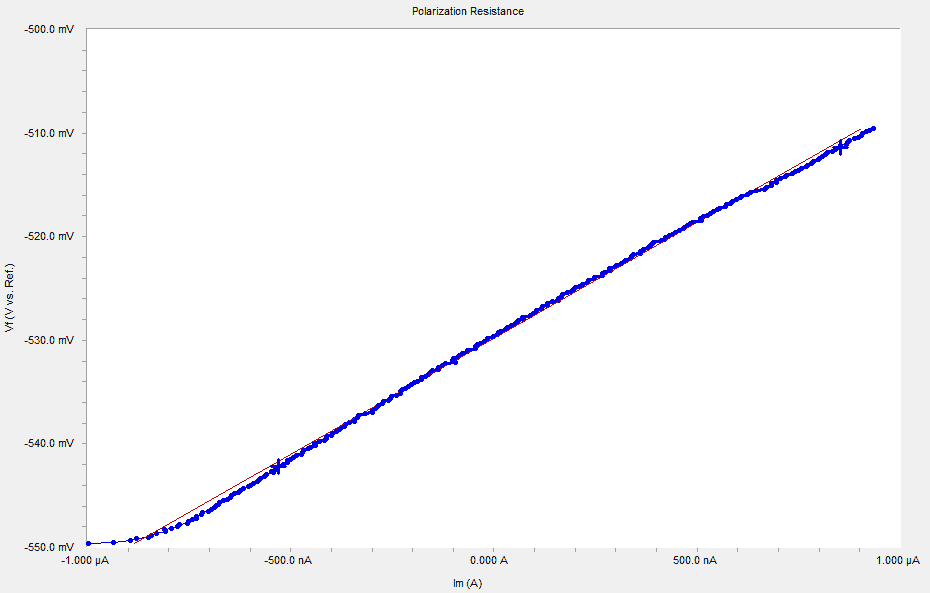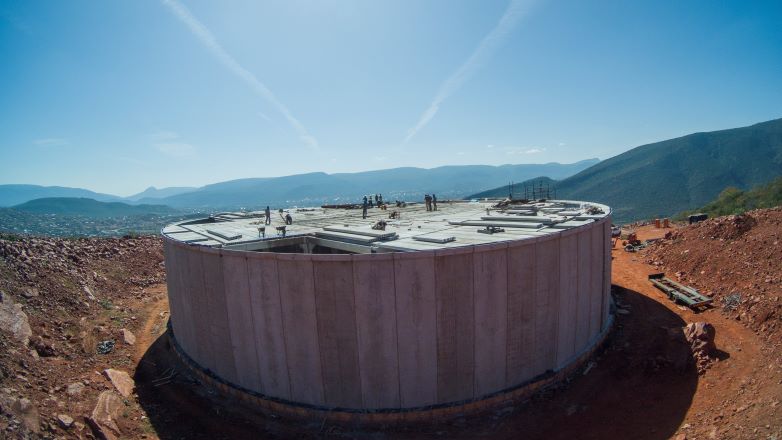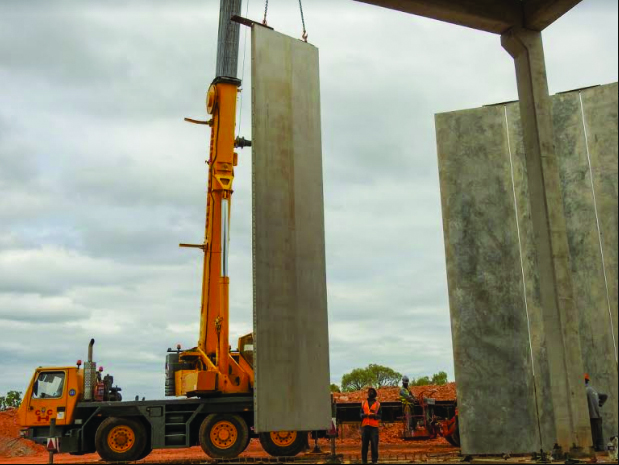
It is increasingly clear that steps must be taken to enhance the durability of concrete structures. Engineers today are designing new structures expected to last over a century, while owners of existing structures that are reaching the end of their designed service life are looking for ways to maintain them for further use. Corrosion of metal reinforcement is a critical risk factor for durability of structures, and as such, the development and selection of corrosion inhibiting admixtures is a consideration to take seriously. Cortec® Laboratories can assist stakeholders in the all-important screening process by performing accredited testing to ensure admixtures measure up to widely accepted industry standards for the selection and qualification of corrosion inhibiting admixtures. One such test is G180, a corrosion inhibition test measurement option under ASTM C1582, Standard Specification for Admixtures to Inhibit Chloride-Induced Corrosion of Reinforcing Steel in Concrete.
Reasons for ASTM G180 Testing
ASTM G180 testing may be needed for a variety of reasons. First, manufacturers use it to screen new chemistry formulations for their potential as corrosion inhibiting admixtures. In the United States, admixture formulations need to pass ASTM C1582 to qualify as a corrosion inhibiting admixture. This standard specifies use of either ASTM G180 or ASTM G109 to measure corrosion inhibition ability in chloride environments. Admixtures need to pass at least one of these in order to be classified as a corrosion inhibiting admixture. Chemistries that pass ASTM G180 testing, which is conducted over the course of three days, have a strong vote of confidence for their corrosion inhibiting ability; whereas those that do not pass this quick test must undergo years of additional testing under ASTM G109. Other times, ASTM G180 is needed simply for quality assurance of existing products and/or as part of an audit like the one recently performed by Cortec® Laboratories on MCI®-2005 for Cortec® Middle East and Dubai Municipality. Finally, ASTM G180 testing is also critical for engineers working with DOTs who require corrosion inhibitors to pass ASTM C1582 before use on their projects. Whatever the case, Cortec® Laboratories can provide the needed testing through its independent ISO 17025 accreditation to perform ASTM G180.
MCI®-2005 Passes ASTM G180

While Cortec® Laboratories is ready to test any admixture, MCI®-2005 is one of special note that passes ASTM G180 testing and is ideal for new construction. MCI®-2005 is an organic corrosion inhibitor that contains a blend of amine salts of carboxylic acids. Unlike calcium nitrite admixtures, which have a set accelerating effect that can send workers scrambling or cause early setup problems, MCI®-2005 slightly delays set time, making the concrete easier to work with and reducing the heat of hydration. Other advantages are that MCI®-2005 contains 67% USDA certified biobased content and is certified to meet ANSI/NSF Standard 61 for use in large potable water structures.
When incorporated into concrete, MCI®-2005 forms a protective molecular layer on embedded metals to inhibit corrosion. In new construction, this is quantified by an increase in critical chloride threshold and subsequent reduction in corrosion rates once corrosion initiates. When used with repair mortars and grouts, MCI®-2005 not only protects rebar within the patch, but it is also able to migrate into undisturbed concrete adjacent to the repair to protect reinforcement already in place.
Learn More about ASTM G180 Testing
Whether looking to test MCI®-2005 or another admixture for an upcoming project, stakeholders can learn more about how ASTM G180 testing is done by viewing the video recently made by Cortec® Laboratories. Contact your local MCI® rep to learn more or arrange testing: https://www.cortecmci.com/contact-us/.
More news
- DOK-ING’s innovative electric mining equipment unveiled at ElectraMining
- CONCOR’S MASTERY IN FAST TRACK PROJECT IMPLEMENTATION UNDERSCORED BY SAFETY AWARD
- PROMINENT SEA POINT HOTEL REFURBS WITH REHAU
- CONCRETE ROOF TILES USED FOR WALL CLADDING ON COASTAL HOME
- THE GREENEST RESIDENTIAL DEVELOPMENT IN AFRICA?




